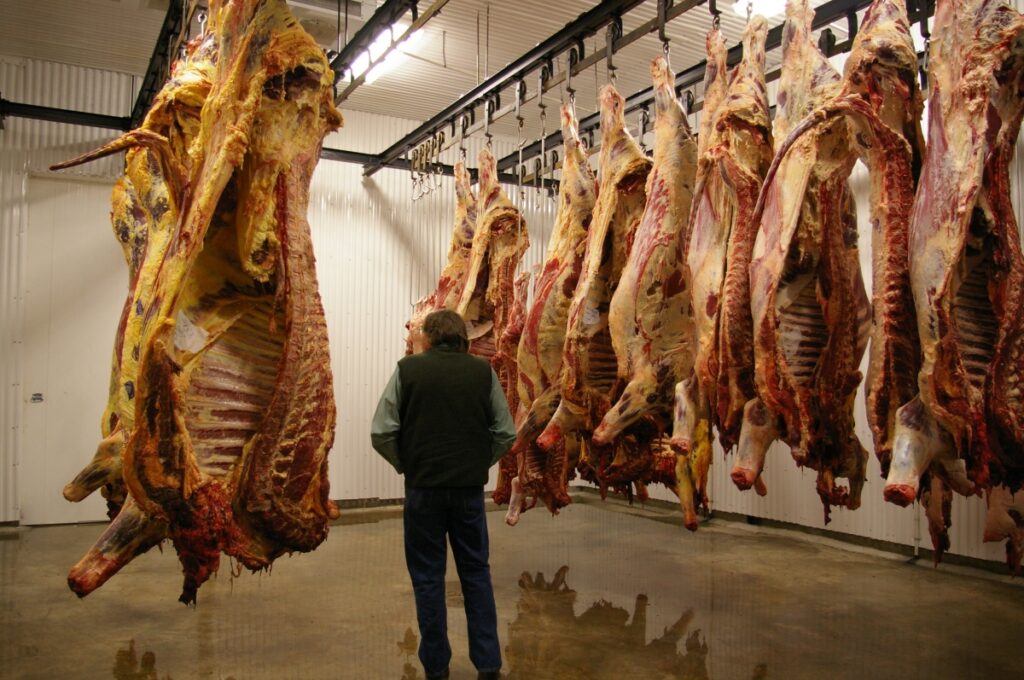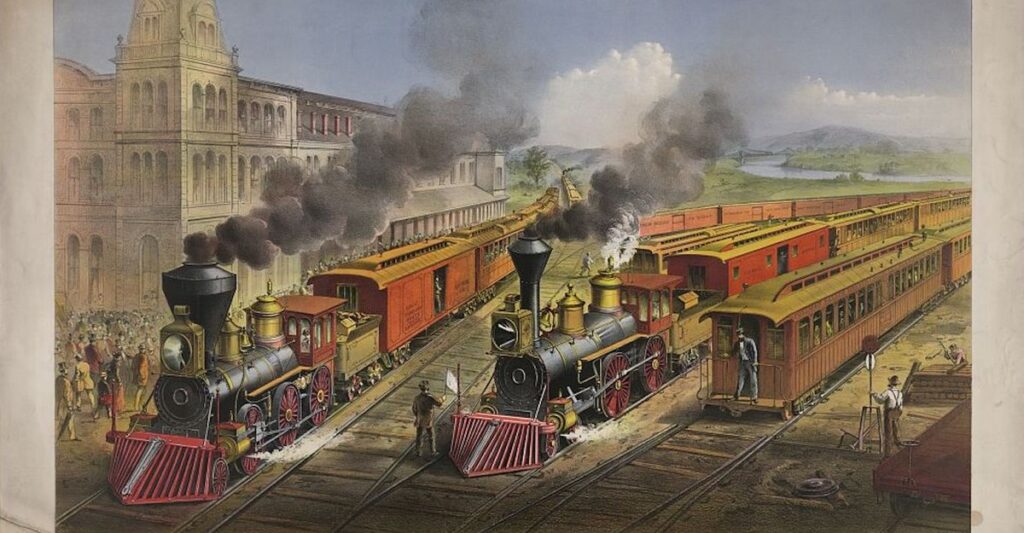Let’s take a look at How Did the Slaughterhouse Cases Affect American Businesses? The Slaughterhouse Cases, which were decided in 1873, had a profound and far-reaching impact on American businesses. The case essentially held that the Fourteenth Amendment did not protect companies from regulation by state governments.
This ruling led to a dramatic increase in the power of state governments to regulate business practices.
As a result, businesses began to face a patchwork of different regulatory regimes across the country. This made it difficult for companies to operate nationwide and forced them to tailor their operations to comply with each state’s laws.
The impact of the Slaughterhouse Cases was felt most acutely by businesses operating in highly regulated industries, such as transportation and banking.
In response to this increased regulatory burden, many businesses lobbied for federal legislation that would pre-empt state laws and establish national standards for business regulation.
Economic Changes in the Modern US
The Slaughterhouse Cases were a series of legal decisions in the United States that profoundly impacted American businesses.
The Supreme Court ultimately sided with the slaughterhouse owners, holding that the right to engage in business was a protected right under the Constitution.
This ruling had far-reaching implications for businesses across America. It established that states could not grant monopolies or give preferential treatment to specific companies.
It paved the way for future challenges to government regulations that were considered burdensome or unfair to businesses. The Slaughterhouse Cases set an important precedent that continues to shape American industry today.
Which Famous Supreme Court Case from the 1870S Involved New Orleans
The case of New Orleans v. Steamship Company was a famous Supreme Court case from the 1870s. The case revolved around a steamship company that refused to allow African Americans to disembark from its ship in New Orleans. The Supreme Court ruled that the company had violated the Civil Rights Act of 1866 and ordered it to pay damages to African American passengers.
How Did the Slaughterhouse Cases Affect American Businesses
The Slaughterhouse Cases were a series of lawsuits filed in the late 1800s in response to a Louisiana state law granting a monopoly on the slaughterhouse industry to a single company.
The plaintiffs in the case argued that this law violated their right to earn a living and their right to property and liberty. The case made its way to the Supreme Court, which ultimately decided in favor of the state of Louisiana.
While the Supreme Court’s decision in the Slaughterhouse Cases did not strike down all laws regulating businesses, it did establish an important precedent that such laws must be reasonable and necessary to be constitutional. This ruling has significantly impacted American companies, as it has helped to ensure that government regulations are not unduly burdensome or unfair.
What were the Key Points of Contention in the Slaughterhouse Cases
There were three critical points of contention in the Slaughterhouse Cases. The first was whether or not the Fourteenth Amendment granted African Americans citizenship.
The second was whether or not the Privileges or Immunities Clause protected African American civil rights.
The third was whether or not the Due Process Clause protected African American property rights. The first point of contention was resolved in the affirmative – the Fourteenth Amendment did grant African Americans citizenship.
However, the Supreme Court held that the Privileges or Immunities Clause did not protect African American civil rights and that the Due Process Clause only protected white ‘citizens’ property rights.
This decision effectively left African Americans without federal constitutional protection for their civil rights. The second point of contention – whether or not the Privileges or Immunities Clause protected African American civil rights – was particularly contentious.
This led to a great deal of criticism from legal scholars and abolitionists, who argued that the decision essentially nullified Civil War Amendments (the Thirteenth, Fourteenth, and Fifteenth Amendments).
The third point of contention – whether or not the Due Process Clause protected African American property rights – was also contentious. The Supreme Court’s ruling meant that states could enact laws that deprived African Americans of their property without due process of law.
This led to criticism from legal scholars and abolitionists, who argued that it violated principles of natural justice to allow states to deprive people of their property without any opportunity to contest those actions in Court.
Why were the Slaughterhouse Cases Significant in American History
They represented the first significant attempt by the Supreme Court to interpret and apply the newly ratified Fourteenth Amendment. The case arose out of a Louisiana state law that granted a monopoly on the slaughterhouse business in New Orleans to a single company.
The Butchers’ Benevolent Association, a group of independent butchers who were not part of the monopoly, challenged the law as unconstitutional. They argued that it violated their right to earn a living, as well as their right to equal protection under the law.
In a 5-4 decision, the Supreme Court sided with the monopoly.
However, in doing so, they laid out what would become known as the “privileges or immunities” clause of the Fourteenth Amendment. This clause provides that all citizens are entitled to certain fundamental rights, including those enumerated in the Bill of Rights.
The Slaughterhouse Cases were significant because they represented the first time that the Supreme Court interpreted and applied the Fourteenth Amendment.
Conclusion
As a final point, we must ask: How Did the Slaughterhouse Cases Affect American Businesses? The Supreme Court’s decision in the Slaughterhouse Cases profoundly impacted American businesses.
The Court ruled that the Fourteenth Amendment did not protect companies from regulation by state governments. This decision opened the door for states to enact various laws regulating business, including minimum wage and maximum hours laws, workers’ compensation laws, and environmental protection laws.
The impact of the Slaughterhouse Cases can still be felt today, as businesses must comply with a complex web of state and federal regulations.
I have been working as a freelance writer for newspapers and other websites since 2017. Most of the time, I have worked for clients in the USA, UK, Canada, and Australia. My work primarily focuses on the business, finance, and business tools category.



